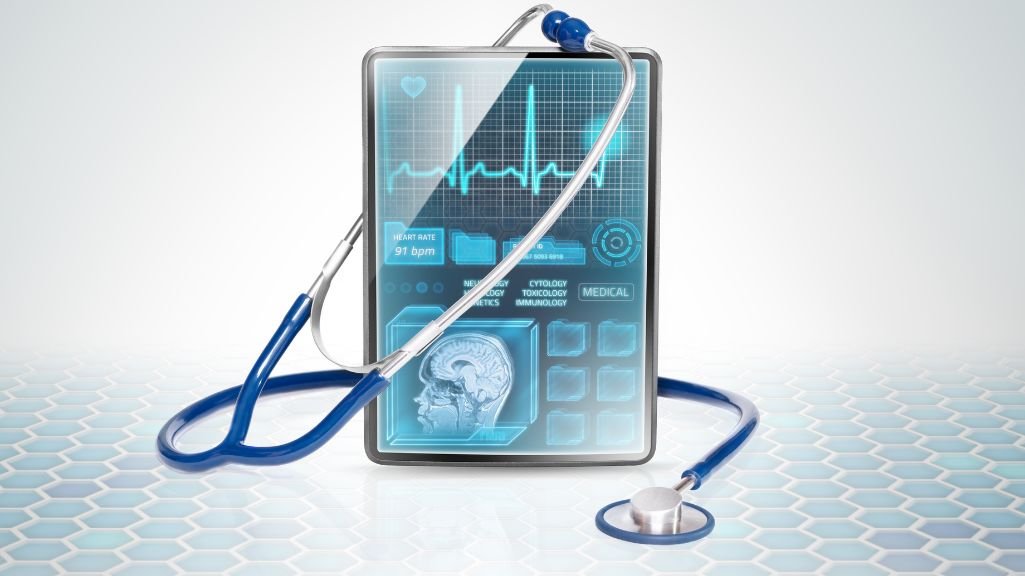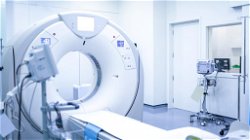Unveiling the Top Healthcare Careers: Roles, Qualifications, and Rewards
Swati Mandana
. 3 min read
The health sector offers many career choices in the diagnostic, patient care, and therapy sections. However, individual interests and talents determine the perfect career choice. Some of the popular health professions include pharmacy technician, physical therapist assistant, radiologist, respiratory therapy technicians, and the licensed practical nurse (LPN). By embracing video chat as a tool for career exploration, aspiring healthcare professionals can gather real-world perspectives and build meaningful connections in their journey toward a fulfilling and successful career in the health sector.

Health Professionals Career Choices: Roles, Responsibilities, and Rewards
1. Pharmacy Technicians
Pharmacy technicians are medical professionals who work alongside pharmacists to help and support patients and make sure they get the best care. Pharmacy technicians can work in places like community (retail) pharmacies; hospital pharmacies; pharmaceutical production or sales in the pharmaceutical industry; prisons; and primary care, education, military, or veterinary practices.
“Pharmacy technicians also play a vital role in pharmacy care. While their scope of practice may vary slightly by jurisdiction, their core role is to provide the technical aspects of pharmacy services to support optimal pharmacy care for patients.”
What does a Pharmacy Technician do?
1. Under pharmacist supervision, pharmacy technicians
2. Supply medicines to patients, whether on prescription or over the counter.
3. Assemble medicines for prescriptions.
4. Provide information to patients and other healthcare professionals.
2. Physical Therapist Assistants
Physical therapist assistants provide physical therapist services under the direction and supervision of a physical therapist. PTAs implement components of patient care, obtain data related to the treatments provided, and collaborate with the PT to modify care as necessary. PTAs assist the physical therapist in the treatment of individuals of all ages, from newborns to people at the end of life. Many patients have injuries, disabilities, or other health conditions that need treatment. But PTAs also care for people who simply want to become healthier and to prevent future problems.
3. Radiologists
A radiologist is a medical doctor who specializes in diagnosing and treating conditions using imaging equipment. Radiologists often specialize in specific areas of radiology, such as pediatric radiology, oncology radiology or interventional radiology.
Radiologists have several important roles, including:
1. Evaluating your medical history to make sure an imaging procedure won’t harm you.
2. Interpreting the results of medical imaging tests.
3. Comparing medical image findings with other examinations and tests.
4. Consulting with your referring healthcare provider (the provider who ordered the imaging tests) to help choose the proper imaging test and using test results to inform your medical care.
4. Respiratory Therapists
Respiratory therapists are healthcare professionals who specialize in treating patients with breathing or lung problems. They work under the direction of physicians and use a variety of medical devices and techniques to treat respiratory illnesses such as asthma, chronic obstructive pulmonary disease (COPD), pneumonia, and emphysema.
The roles of respiratory therapists include:
- Assisting in emergency and critical care situations, such as resuscitating patients who are in respiratory distress
- Conducting diagnostic tests to evaluate lung function and recommend treatment options
- Administering and monitoring oxygen therapy and other respiratory treatments
- Managing mechanical ventilators to assist patients who cannot breathe on their own
Respiratory therapists work in a variety of healthcare settings, including hospitals, clinics, long-term care facilities, and patients' homes. Respiratory therapy is a growing field with excellent job prospects, particularly as the population ages and the demand for respiratory care increases.
5. Licensed practical nurses (LPNs)
Licensed practical nurses (LPNs) and registered nurses (RNs) may have similar sounding titles, but they have very different duties. Registered nurses have generally completed more education than LPNs, and are in charge of giving medication and administering tests and treatments. LPNs manage basic patient care such as checking blood pressure and vitals, and helping patients eat and get dressed. Both roles are critical to the care and comfort of patients.
1. Recording patients’ vitals, such as blood pressure, temperature, and pulse.
2. Reporting patient status to RNs and doctors and adding it to patient charts.
3. Changing wound dressings.
4. Giving medications.
Those who choose a career in healthcare are rewarded with the knowledge that they are making a difference in the world. Dr. Mona Hanna-Attisha and Josh Benner illustrate the effect one person can have on the general public. Healthcare is one of the few professions where this type of reach is likely, and this may be why professionals are choosing to continue their education with an MBA in Healthcare.
Conclusion
In conclusion, the healthcare sector provides many opportunities for those looking to make a difference in people's lives. From pharmacy technicians to respiratory therapists and radiologists, each profession offers unique roles, responsibilities, and working environments. Academic qualifications vary for each profession, with some requiring advanced degrees and others requiring certification programs. Potential earnings and employment outlooks also vary, but all offer stable and fulfilling career paths. As the healthcare field continues to evolve, pursuing further education such as an MBA in Healthcare can help professionals stay up-to-date and advance their careers.
More Stories from
Cardiac Experts: Best Advice for Maintaining a Healthy Heart
This article emphasizes the importance of taking care of your heart and provides practical tips to reduce your risk of developing heart diseases.
The Many Advantages of Meditation, Along with Instructions: How to Practice?
This article discusses the benefits and importance of meditation for improving mental and physical health, managing stress, increasing focus and concentration.
Advancements in Medical Technology: Improving Healthcare Access
Embrace the future of healthcare with these advancements, fostering a more inclusive and accessible healthcare system for all.
Cognitive Enhancers: The Ethics and Implications of Brain-Boosting Drugs
Explore the ethics and implications of cognitive enhancers, also known as "smart drugs," that promise improved cognitive abilities.
The Versatile Guava: A Fruit with a Multitude of Uses
From its delightful taste in culinary creations to its potent health benefits and skincare properties, guava has become a beloved fruit worldwide.











.png?width=40&aspect_ratio=1:1)
